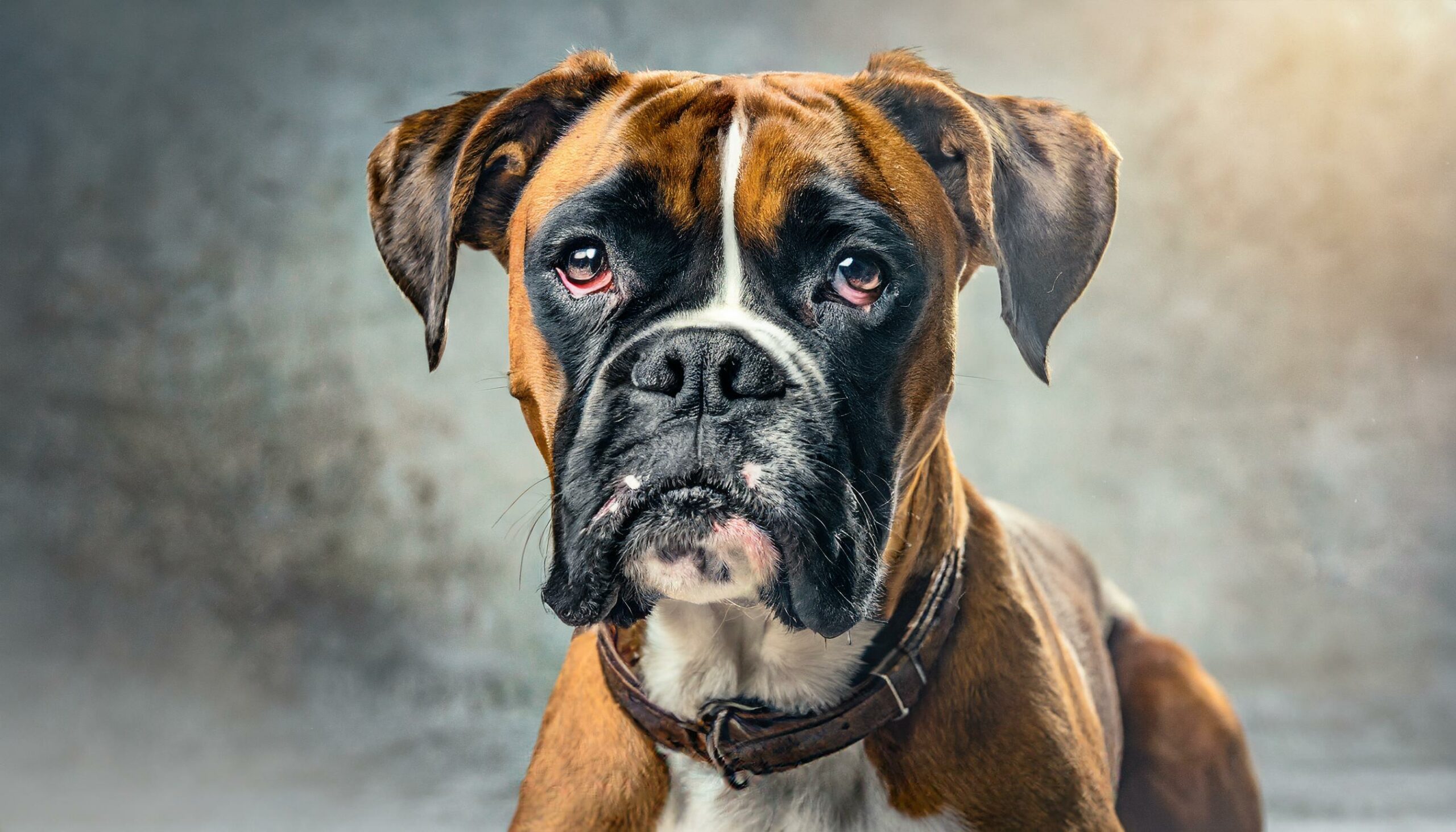The Boxer, known for its muscular build, boundless energy, and distinctive pushed-in nose, is a breed that effortlessly combines the roles of a family protector, a playful companion, and a loyal friend. Originating from Germany in the late 19th century, the Boxer was initially bred for hunting, dog fighting, and as a working dog. Today, this breed is cherished for its joyful demeanor, intelligence, and strong protective instincts, making it a beloved member of many households. This profile delves into the Boxer’s origins, physical characteristics, temperament, care needs, and suitability as a family pet.
Origins and History
The Boxer’s ancestry can be traced back to Germany, where it was developed by crossing the now-extinct Bullenbeisser, a type of mastiff, with the Bulldog. The breed was used for hunting large game such as deer and wild boar, holding the prey with its strong jaws until the hunters arrived. Over time, the Boxer’s role expanded to include serving as a working dog for farmers and butchers, and later, its temperament and intelligence led to its use in military and police roles. Officially recognized by the American Kennel Club (AKC) in 1904, the Boxer’s popularity has grown steadily, making it a well-loved breed worldwide.
Physical Characteristics
Boxers are medium to large dogs, with males standing 23 to 25 inches at the shoulder and females slightly smaller. They are known for their strong, athletic build, short back, and powerful limbs, which give them a distinctive, square appearance. The breed’s most recognizable features include a broad, short skull, a strong jaw, and a short, wrinkled muzzle. Boxers have a short, shiny coat that comes in fawn, brindle, and occasionally, white, with or without white markings. Their expressive dark brown eyes and alert, erect ears convey a sense of curiosity and intelligence.
Temperament and Behavior
Boxers are renowned for their playful, energetic nature and unwavering loyalty to their families. They are affectionate and patient with children, often behaving protectively towards them, which makes Boxers excellent family pets. Despite their friendly disposition, they are wary of strangers and have strong protective instincts, making them effective watchdogs. Boxers are intelligent and eager to learn but can also be stubborn, requiring consistent, positive training methods. Their high energy levels and strength necessitate regular exercise and mental stimulation to keep them happy and well-behaved.
Care and Health
The Boxer’s short coat is low maintenance, requiring only occasional brushing to remove loose hair. However, their facial wrinkles should be cleaned regularly to prevent irritation or infection. Boxers are prone to certain health issues, including heart conditions, hip dysplasia, and cancers, making regular veterinary check-ups essential. They are also sensitive to extreme temperatures, particularly heat, due to their short muzzles, which can lead to breathing difficulties. A balanced diet and plenty of exercises are crucial for maintaining their health and vitality.
Training and Socialization
Early socialization and training are key to ensuring a well-behaved, sociable Boxer. They respond well to positive reinforcement techniques such as treats and praise. Boxers are known for their playful nature, which can be channeled into training sessions to make them both enjoyable and effective. Socialization from a young age helps them become accustomed to different people, animals, and environments, reducing the likelihood of fear or aggression. Boxers excel in various dog sports, including agility, obedience, and rally, which can provide an outlet for their energy and strengthen the bond between dog and owner.
The Boxer in the Family
Boxers make loyal, loving additions to active families, offering a unique blend of protectiveness, playfulness, and affection. Their adaptability allows them to thrive in both urban and rural settings, as long as their physical and emotional needs are met. They enjoy being part of daily family activities and can suffer from separation anxiety if left alone for extended periods. For families seeking an energetic, devoted companion that is both a playful friend and a vigilant protector, the Boxer is an exceptional choice.
In conclusion, the Boxer is a breed that exudes confidence, loyalty, and joie de vivre, making it a cherished companion for those who welcome it into their homes. With their striking appearance, spirited personality, and unwavering dedication to their families, Boxers continue to capture the hearts of dog enthusiasts around the globe. For those willing to provide the care, exercise, and companionship this breed needs, the Boxer offers endless affection, laughter, and protection, embodying the true spirit of a family dog.
